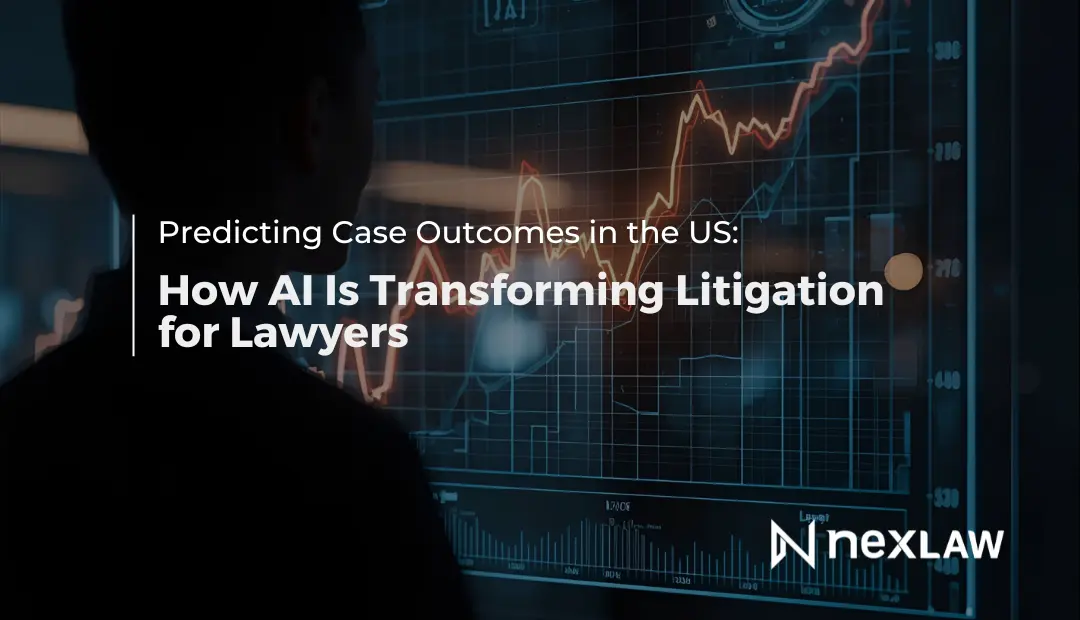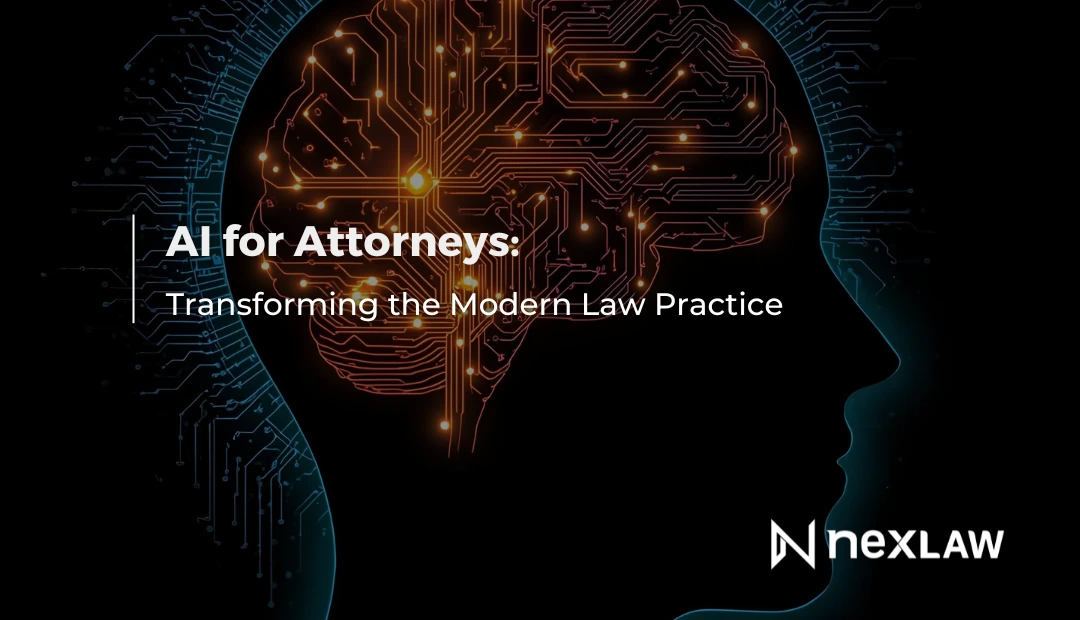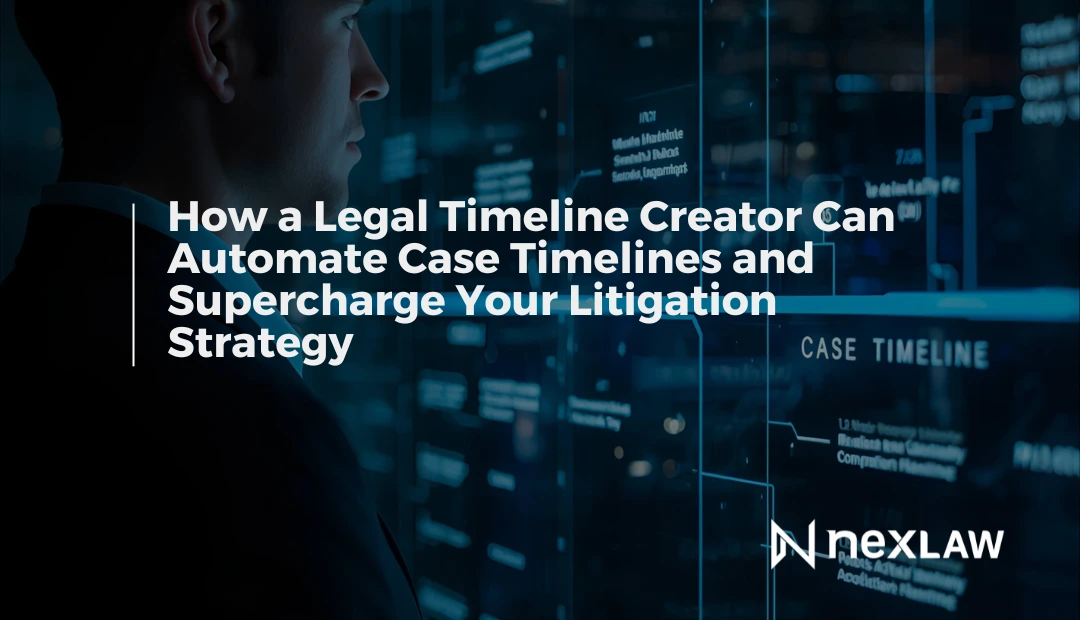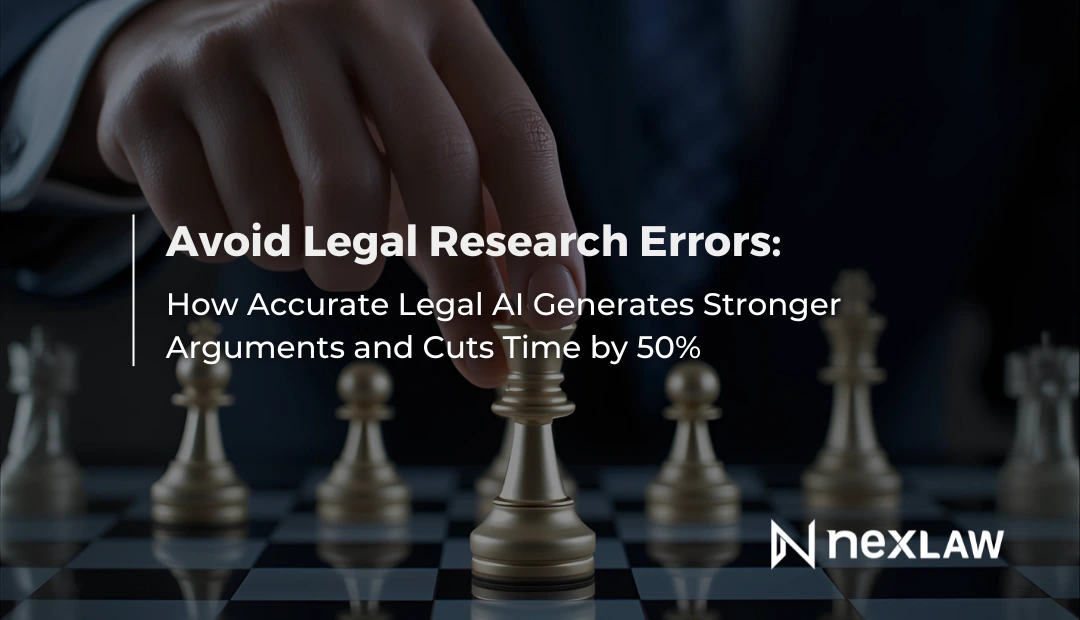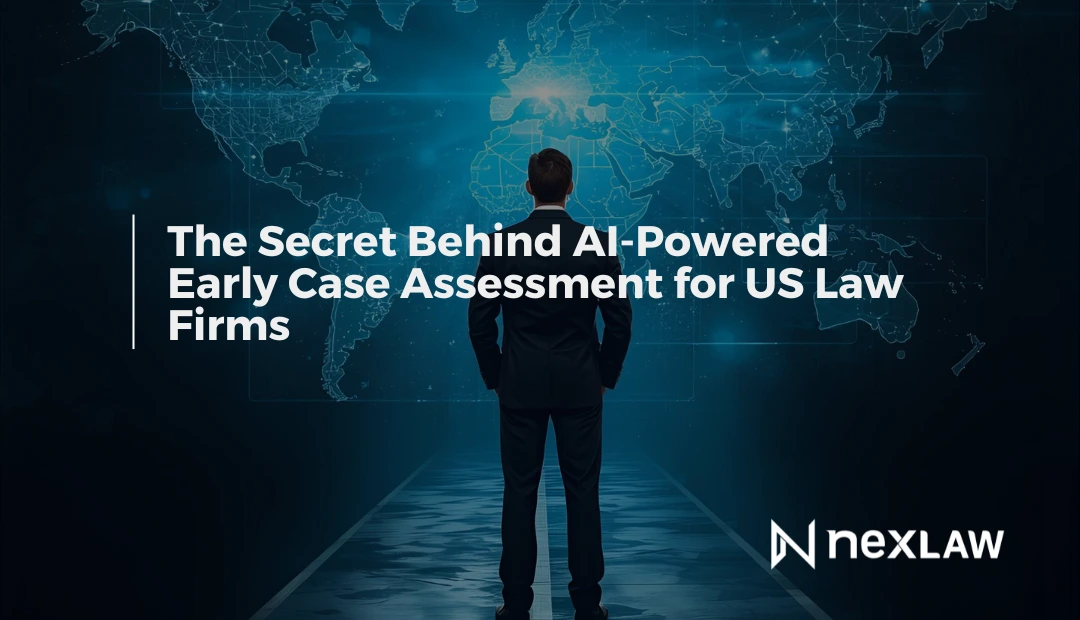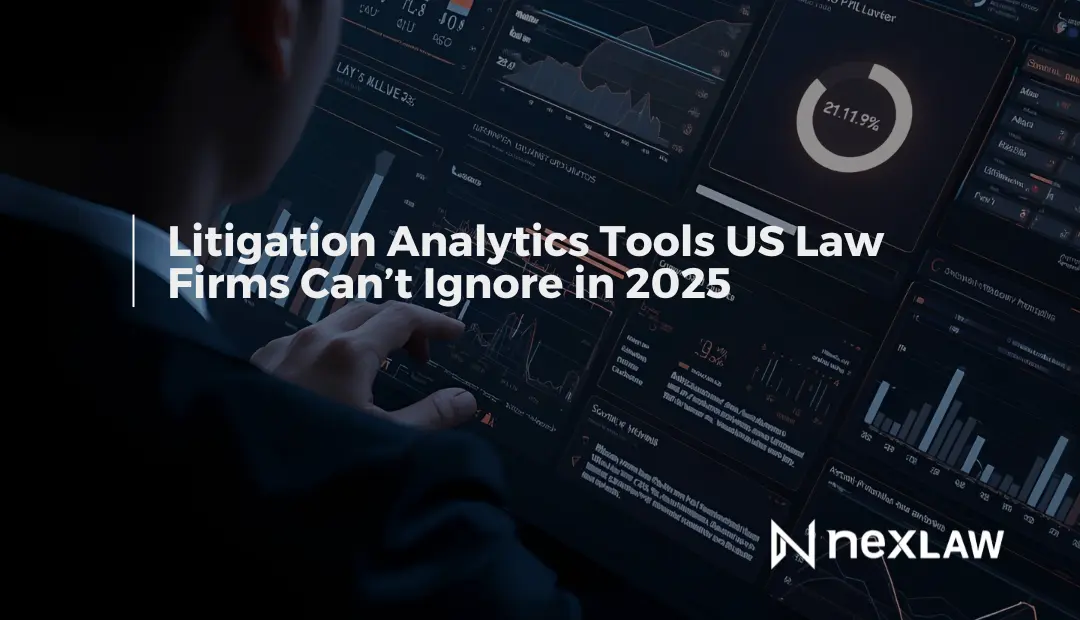Predicting Case Outcomes in the US: How AI Is Transforming Litigation for Lawyers
A New Era in Litigation Strategy
In the high-stakes world of litigation, knowing your odds can change everything. Until recently, legal strategy depended heavily on precedent, intuition, and years of personal experience. But in 2025, AI is introducing something more precise: predictive legal analytics.
Unlock Legal Insights Instantly!
AI-powered tools are now helping lawyers forecast the potential outcomes of a case with data-driven accuracy. For U.S. litigators, this evolution is not just about gaining a technological edge; it’s about redefining how strategy is built from the very beginning.
Why Predicting Outcomes Matters More Than Ever
Litigation is expensive and time-consuming. Even with a strong case, the uncertainty around a judge’s leanings or a jurisdiction’s behavior can undermine confidence. By predicting case outcomes with AI, attorneys can:
- Assess settlement value earlier
- Avoid unnecessary litigation
- Allocate resources more strategically
- Give clients more accurate guidance
As expectations grow around data-backed decisions in every profession, U.S. law firms are embracing this shift to stay competitive and credible.
How AI Predicts Case Outcomes
AI models analyze massive datasets that include court rulings, judge histories, party behavior, precedent cases, jurisdictional tendencies, and more. These tools don’t guess — they calculate likely scenarios based on:
- Historical win/loss rates for similar case types
- Judicial rulings over time
- Language patterns in motions and filings
- Case timelines and docket progression
Some platforms even provide confidence scores for potential outcomes, which can be used to tailor arguments or push for early resolution.
Real-World Use Cases
Case Example: Employment Dispute
A mid-sized firm in California used an AI litigation tool to assess the chances of winning a wrongful termination claim. The tool analyzed hundreds of similar cases in that district and revealed a 76% chance of a favorable verdict if the case went to trial. But it also flagged that settlements over $150,000 rarely succeeded under the judge assigned. Based on this insight, the firm negotiated a successful settlement just under that threshold—saving time and boosting client satisfaction.
Case Example: Insurance Litigation
In a complex insurance claim, litigators used AI to evaluate which arguments had historically persuaded judges in similar disputes. They revised their approach to prioritize policy ambiguity over bad faith, aligning with a strategy that had proven more successful in that jurisdiction. The result? A ruling in their favor and a new template for future cases.
AI Is Not a Crystal Ball—It’s a Strategic Tool
While AI tools are incredibly useful, they aren’t infallible. Case outcomes still depend on human factors, witness credibility, and unpredictable variables. That’s why leading litigators treat AI as an augmentation, not a replacement, of legal reasoning.
Some of the most successful firms now build their trial strategies by pairing predictive analytics with traditional preparation, using AI as a check against biases or blind spots.
Ethical and Practical Considerations
U.S. courts are still catching up with AI’s influence. Many judges are open to tech-enabled strategy but wary of overreliance on black-box algorithms. Ethical use of AI in litigation means:
- Keeping client data confidential
- Understanding the limits of AI predictions
- Being transparent about how analytics inform strategy
Firms that adopt AI responsibly gain a reputation for modernity and professionalism, a combination that resonates with today’s legal clients.
NexLaw’s Role in Predictive Litigation
At NexLaw, our tools are designed to support and enhance litigation strategy. With ChronoVault 2.0, legal professionals can upload documents and immediately analyze content across related cases, facts, or legal issues. Seamless integration with NeXa and TrialPrep allows attorneys to:
- Build event-based timelines to understand the sequence and impact of facts
- Identify precedents that align with specific legal arguments
- Conduct jurisdictional research to see how similar cases were resolved
- Move directly into trial preparation without leaving the platform
This connected workflow reduces hours of manual work and provides attorneys with greater clarity before entering the courtroom.
Final Verdict: Data Is the New Legal Weapon
Predicting case outcomes in the United States is becoming essential for litigation success. As artificial intelligence tools become more accurate and widely adopted, legal professionals who use them early are gaining clear advantages. They are building stronger strategies, managing risks more effectively, and earning client trust through better insights.
Whether you are a solo litigator or part of a larger practice, this is the right moment to make predictive analytics a central part of your legal approach.
Start your 3-day free trial of NexLaw today and explore how ChronoVault 2.0, NeXa, and TrialPrep can help you move from uncertainty to strategic clarity, one case at a time.
